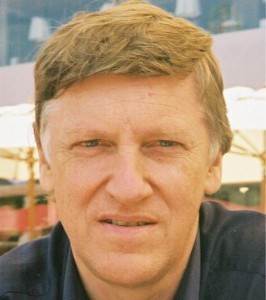
Bilingual Search Engine YaSabe Sees Growth through Word of Mouth and Media Partnerships
The article on Elevation DC titled Herndon-Based Bilingual Search Engine Expands Reach covers the growth of YaSabe, the Spanish and English search engine helping Spanish-speaking Americans find the information they need. The search engine actually finds data that is English and translates it into Spanish before tagging it. The article states,
“Its categories are geared toward the information Spanish speakers might need: bilingual service providers, jobs for people fluent in more than one language, 18 different types of Latin cuisine. Azim Tejani, the company’s executive vice president, says that 20 percent of YaSabe’s traffic comes directly to the site, 50 percent comes from search engines where users search for terms like “pedicura” instead of “pedicure” and the remaining traffic comes from its partnerships with media companies serving Spanish-speaking Ameri[cans].”
Tejani is also quoted in the article as saying that YaSabe is mobile-centered as opposed to web-centered. According to Tejani, some 30% of YaSabe users rely mainly on their mobile phones to access the internet. He credits the growth of YaSabe both with community guides as well as strengthened relationships with Spanish-language media partners such as Univision and Mundo Hispanico. Univision in particular has seen great success since YaSabe began running the TV network’s search engines in 2013.
Chelsea Kerwin, September 11, 2014
Sponsored by ArnoldIT.com, developer of Augmentext





